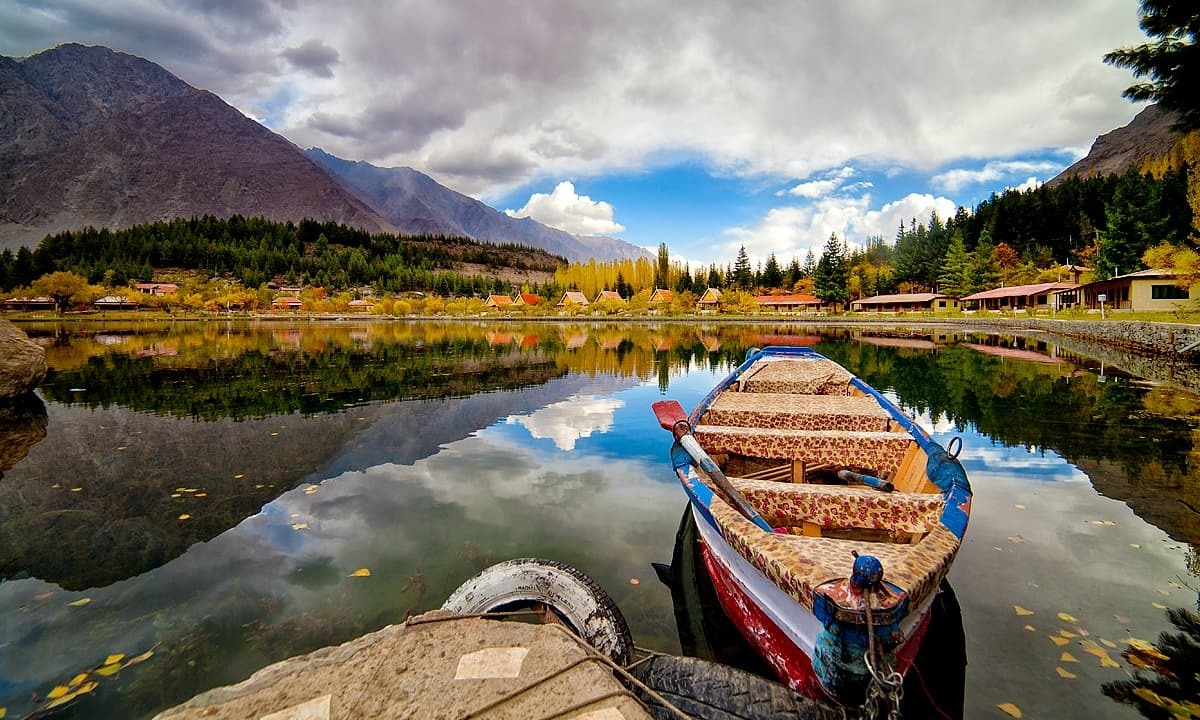Taxation, travel marketing, infrastructural problems, security concerns, and cross-border laws are the top issues facing the tourism industry. Too many tourist attractions lack visitor-friendly amenities. Sometimes tourists or travelers may think that travel advertising is overblown. The tourism business also has to contend with rate volatility and price inflation. Rapidly emerging problems seem to be having an impact on the sector as a whole.
What’s in store for tourism? What will the future hold for the tourism industry? All experts working in the travel sector want an answer to this particular issue. Let’s examine some of the difficulties the travel industry is currently facing and what the future holds.
1. Impact of Coronavirus on Global Tourism
The tourism sector has been hardest damaged by the coronavirus health crisis, along with the rest of the world’s economies. One-third of the $1,500 billion in tourism revenue earned in 2019 is expected to be lost in 2020, according to the World Tourism Organization (WTO). Even though the coronavirus crisis has short-term negative effects on the travel and tourism sector, it is raising questions about industry practices and bringing to light a number of problems, including inadequate risk management in the travel sector, viral globalization, and disease travel with travelers across borders. This is also an opportunity to critically reevaluate the tourism sector. There are various areas where things could change and progress in the direction of being responsible, sustainable, and socially innovative tourism.
2. Cost of Vacation & Inflation
The fluctuation of currency exchange rates is one of the main issues that the tourism business has to deal with. Long-term tourist prices are particularly difficult to forecast due to the unpredictability of currency values, and the effects of this monetary volatility are already felt by a number of tourism-related support systems. The seasonal character of the tourism sector and its inability to ensure a steady stream of income throughout the year hurts the overall structure of the economy.
Restaurants are being forced to hike rates or cut back on service due to the worrying rate of inflation. The transportation industry has taken a beating. The airline sector is particularly at risk. The food and fuel industries both rely on the airline business. Airlines can only reduce services and increase costs since they are already at the breaking point. As a result, leisure visitors refrain from taking pricey holidays, which further challenges in the Tourism Industry hurts as a whole.
3. Tax and Tourism
In several nations, the tourism industry is subject to high taxes. The entire industry is subject to a number of taxes, including service tax, luxury tax, transportation tax, aviation fuel tax, and other transportation-related taxes, on everyone from tour operators to transporters to airlines to hotels. Also, these tax rates frequently range between the nation’s several states. All of these taxes are ultimately passed through to the travelers in some way, which hinders their growth.
4. Risk & Security of Tourists
Travelers will always prioritize their safety above all else. For many years, security has been a significant obstacle to the expansion of tourism. Terrorist attacks, bad law and order, and political upheaval have a negative impact on how foreign tourists feel. Tourism is susceptible to natural and man-made crises, unforeseen occurrences that impair traveler trust in a tourist location, whether the danger is genuine or imagined, notwithstanding economic progress.
The events of the twenty-first century have already a tendency to draw attention to travel security issues related to terrorism and political organizations. Challenges in the Tourism Industry also created by natural disasters such as pandemics, tsunami, earthquakes, floods, volcanoes, and avalanches.
5. Regulatory & Border Issues
Regulation-related concerns like visa requirements are considered obstacles. Several destinations are off-limits to travelers because of challenging visa requirements. Several projects in the hotel and tourism infrastructure sectors are delayed because licenses and approvals are not received on time.
Yet, in order to fully reap the rewards of the tourism industry, the government should work toward developing adequate infrastructure, quick clearances, and efficient policies to control the industry and win over foreign tourists.
6. Technological Drivers of Change
Technology is quickly affecting every element of existence. Technology will influence and facilitate the future of tourism. For tourism marketing, the Internet has leveled the playing field. Small, isolated places may compete on an equal footing with the industry’s behemoths thanks to a strong website. Tourism businesses will be able to improve their efficiency and competitiveness thanks to the convergence of information and communication technology.
7. Skilled Human Resources
Only a staff that is educated, trained, enthusiastic, bilingual, and entrepreneurial and that understands the essence of tourism will be able to successfully address the difficulties facing the tourism industry. A high level of qualified human resources will give the tourist industry’s businesses a competitive advantage and enable them to add value to their services.
Only through modern tourist education and training that meets the highest requirements will the industry have a staff of the highest caliber. While drawing on the fundamental disciplines and topics of fields like geography, finance, and marketing, tourism education and training also involves the dissemination of knowledge, concepts, and procedures that are distinctive to the tourism industry.
The future of tourism is exciting, and it is a challenges in the Tourism Industry to forecast. Although each of the aforementioned factors that will shape the future of tourism is significant on its own, when taken together, they exert a significant amount of influence.




